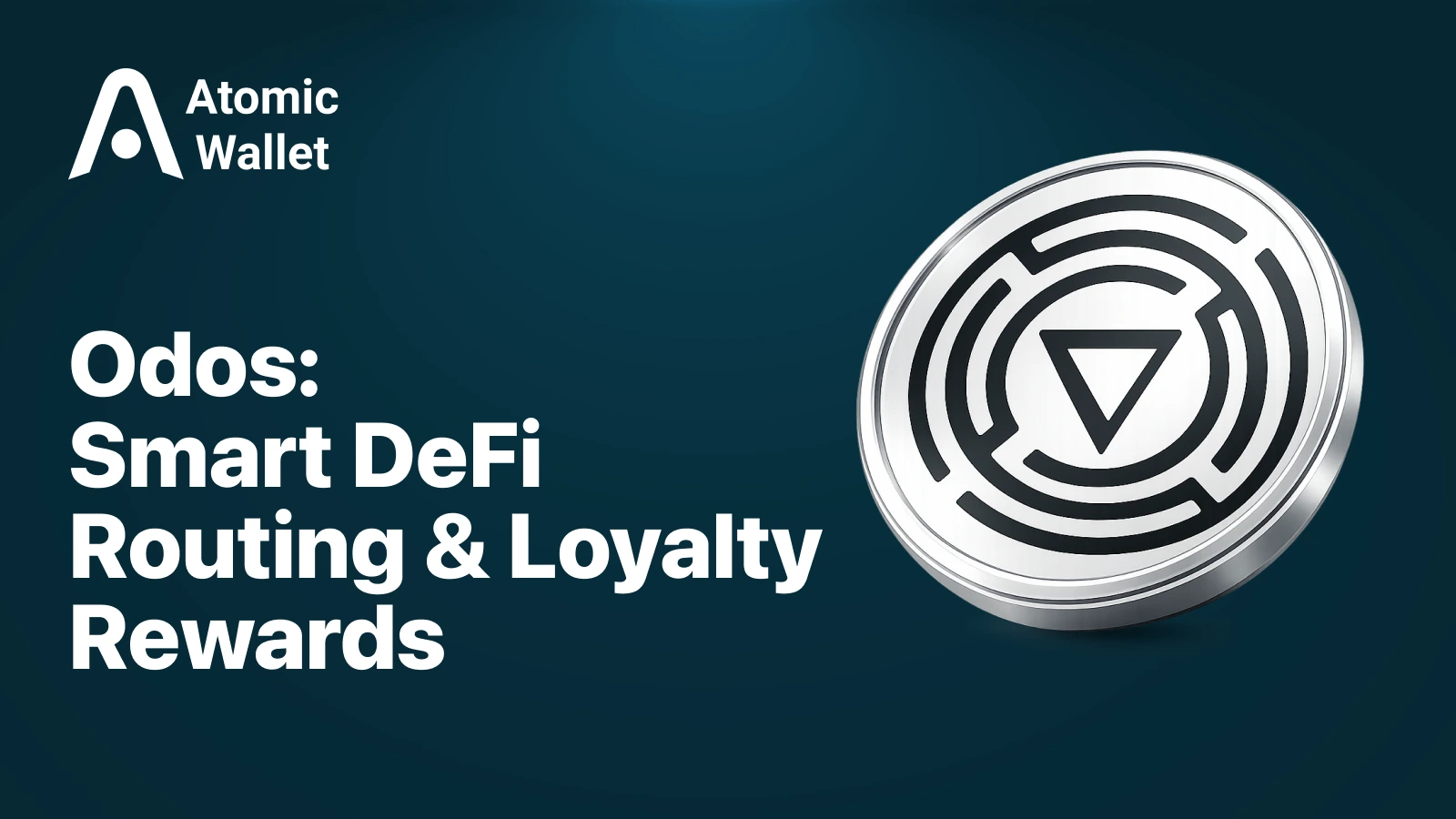Assets

Exchange

Buy Crypto

Products




Very often, you don’t even need a password for free Wifi. One may think it is an excellent offer; however, cybercriminals take advantage of it.
The fact is that fraudsters got the hang of creating fake Wifi networks to steal usernames and passwords, as well as other personal data. In this regard, the easiest option is not to use public networks at all and switch to a mobile modem.

If before the Internet user had to fear fraudsters and viruses only, today, we need to hide from everyone. Everybody around wants to know as much as possible.
Let’s analyze the types of attacks which exists today and understand how to secure your funds.
In 2017, Bleeping Computer discovered suspicious activity, revealing the threat of hacking of 2.3 million bitcoin wallets. The hackers used malware to replace the address of the wallet copied to the clipboard with the wallet address of one of the intruders.
Hackernoon experts also analyzed the data on hacker attacks, conditionally dividing them into three broad categories:
Besides, cybercriminals are also actively using social engineering – in this case, more than $9 million were stolen in the Ethereum cryptocurrency.

Back in October 2017, a fatal vulnerability was discovered in the Wifi Protected Access protocol used by routers. After performing an elementary attack with reinstalling the key (KRACK), the user’s device is re-connected to the same network, but already under the control of hackers.
All information downloaded or sent via this network is available to attackers – including the private keys of crypto wallets.

To keep your coins safe and sound, follow the easy steps and you will always control your money.
Cybercriminals are always looking for new ways to access new victims, so it is essential to be informed and remain vigilant. Here we discussed some of the risks that public WiFi can present.
Although most of these risks can be reduced by simply using a password-protected connection, it is vital to understand how these attacks work and how you can avoid becoming the next victim.

However, Wifi is not the only thing you need to know about the security of THE coins. You should also pay special attention to choosing a wallet properly.
It is more secure when your private keys ARE stored on a local device in an encrypted manner. In this case, only you control them.


Learn what Odos is, how the Odos trading app works, and how smart routing optimizes DeFi swaps. Explore the loyalty program and connect securely with a Web3 wallet.